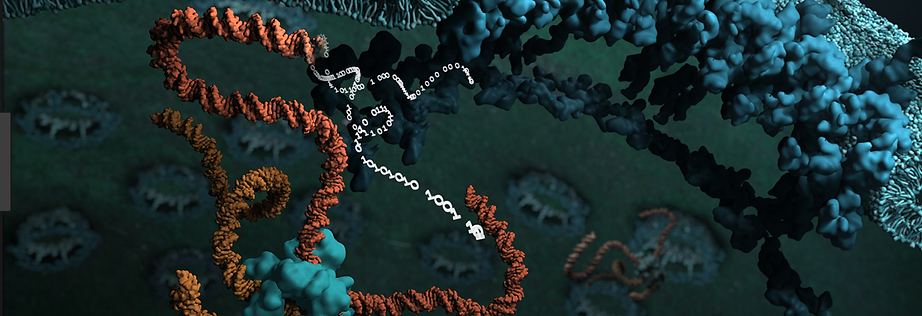
Health & Care
For the Birds Parrot Rescue & Sanctuary

Proteins & Amino Acids ...

There are 22 different amino acids required by animals, and all animals require them at the cellular level. While about 12 of these amino acids can be made inside animal cells, the others have to be consumed in the diet. Without a sufficient dietary supply of these "essential" amino acids, the necessary proteins cannot be made by your bird.
Avians are not able to make the essential amino acids: arginine, isoleucine, leucine, lysine, methionine, phenylalanine, valine, tryptophan, and threonine. Most of these amino acids are easy enough to provide through the diet.
The term "protein quality" is used to describe the amount and proportion of the essential amino acids in relation to an animal's requirement for each of those amino acids.
Animal protein is better “protein quality” than plant proteins because the amino acid profile resembles the make up of proteins in the bird. This does not mean you need to feed your bird a bunch of animal proteins; in fact, you should minimize feeding meat and eggs because they contribute to atherosclerosis (a disease where plaque of fatty material is deposited in the arteries). What this DOES mean is that it is necessary to give your bird a variety of plant proteins so that the amino acid(s) that may be low in one food can be obtained from another.
Usually, plant proteins are deficient in methionine and lysine with regards to your bird's amino acid needs so look for foods that provide these essential amino acids. For good lysine content feed pistachios, amaranth, and quinoa; good sources of methionine include all nuts, vegetables like broccoli, and fruits like oranges.
The amino acid composition of feathers is considerably different from the composition of body or egg proteins. Feathers are enriched in cysteine and many of the non-essential amino acids. Cysteine is found in red peppers, broccoli, Brussel’s sprout, oats, wheat germ, and sprouted lentils.
It is best to keep the protein intake of your pet bird adequate but not in excess. Too much protein is often fed and this leads to problems in the liver and kidney. When deciding what to feed your bird, do some quick research on the amino acid profiles of the food in addition to the nutritional values to make sure the diet is well balanced.